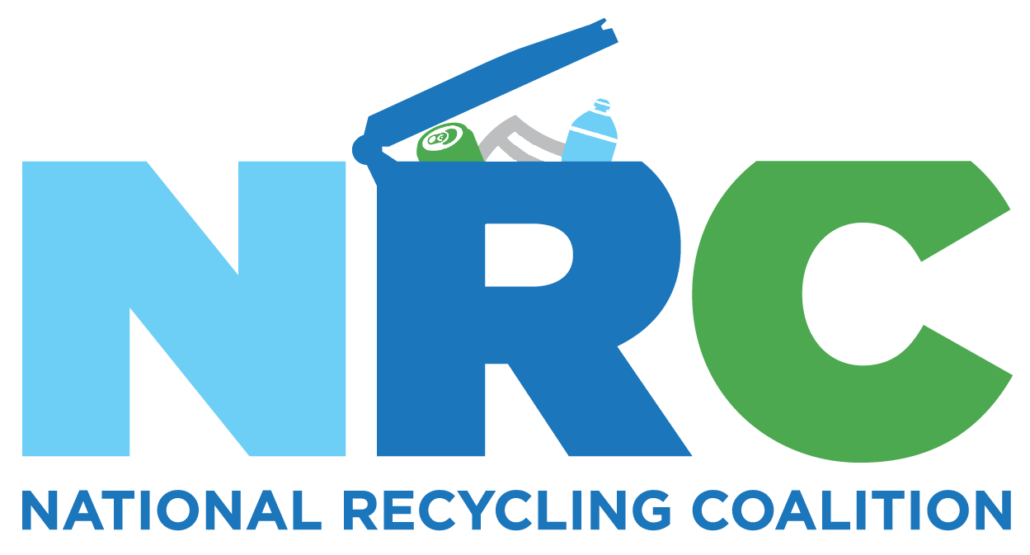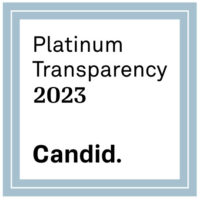After spirited and thoughtful debate at the Board of Directors meeting on November 21, 2014, the Board voted to support the Recycling Industry Coalition policy opposing Dirty MRFs. The motion the Board voted on was:
The National Recycling Coalition supports the policy adopted by the Recycling Industry Coalition (RIC) in highlighting concerns with the implementation of Dirty MRFs. The NRC agrees with concerns with Dirty MRFs that RIC highlighted and other concerns. Instead of relying on Dirty MRFs, NRC urges communities to implement best practices for the separate collection of recyclables. Recycling programs must be designed to minimize contamination in consideration of the needs of upstream users. In conjunction with source reduction, reuse, and composting, the recycling of valuable materials for their highest and best use is essential to a sustainable environmental, energy, and economic future.
The RIC policy statement in it’s entirety is as follows:
The Recycling Industries Coalition represents industries and companies that are concerned about the potential degradation of recyclable materials when they are mixed with solid waste. Our experience, along with that of thousands of American communities and businesses, shows that separate collection of recyclables continues to be the most effective and cost-efficient method of maximizing the collection of clean recyclable raw materials. Simply put, collecting recyclable materials in the same bin as garbage basically just creates more garbage — good for nothing much more than being disposed of in landfills or incinerators.
Preserving the quality of recyclable materials, from collection through production into new products, will ultimately expand both the supply and the demand for recyclable feedstock for the world’s manufacturing industries. Coalition members know that a facility processing waste and recyclables mixed together, known as a Dirty MRF, will not improve and may harm recycling. When processing recyclables mixed with solid waste, it can result in the recyclable materials being rendered useless for reprocessing into new products. Mixing these valuable recyclables with food, diapers, and other contaminants will severely degrade them to the point that they will only be usable for incineration, landfilling or energy recovery, which is not recycling.
The private and public sectors have invested billions of dollars in infrastructure enabling citizens and businesses to reduce, reuse and recycle efficiently. The $90 billion dollar recycling industry supports hundreds of thousands of direct and indirect jobs. Maintaining the current large job base in the overall recycling network as well as the creation of new well-paying jobs in the recycling and manufacturing industries in the United States is critically important. Recycling conserves non-renewable natural resources, helps numerous industries reduce their energy use and significantly reduces the amount of waste sent to landfills and incinerators. Products made from recyclable materials can be recycled many times, whereas recyclables converted to energy, burned or landfilled are lost forever. Finally, recycling is sustainable and results in avoided greenhouse gas emissions.
Members of the Coalition include: American Forest & Paper Association, Glass Packaging Institute (GPI), Institute of Scrap Recycling Industries (ISRI), Knauf Insulation, National Recycling Coalition (NRC), Newark Group, O-I, Paper Recycling Coalition (PRC), the Steel Recycling Institute (SRI) and Waste Management (WM),
Recyclables aren’t waste, let’s keep it that way.

